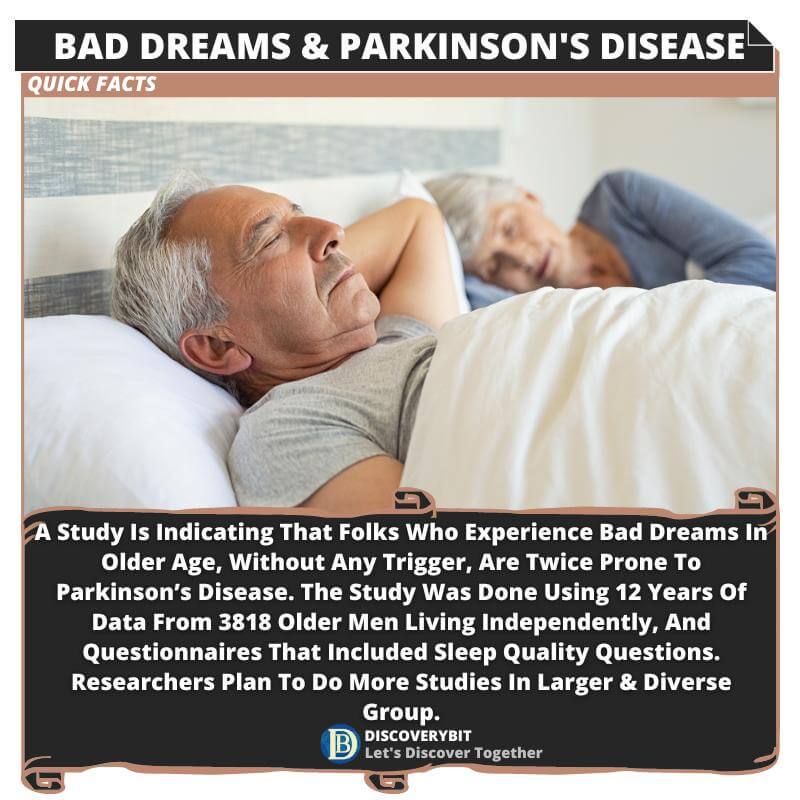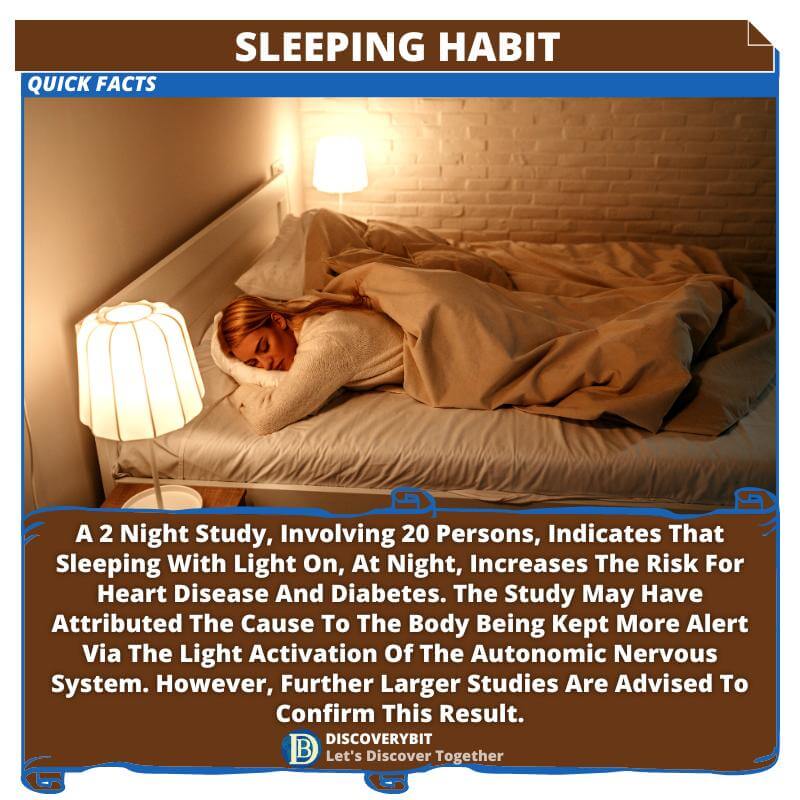Sleep is an incredible part of our lives, packed with amazing facts and a few myths too! But one of the most important facts about sleep that would blow anyone’s mind is that we spend about a third of our lives sleeping, where dreams take flight and bodies find solace. Given the time spent sleeping, it does make sense for researchers to study what happens during the hours that we sleep to understand the sleep process better.
And so, sleep, a universal experience transcending boundaries of species, time, and circumstance, has intrigued scholars for centuries. Even the most observant among us, attuned to our bodies’ rhythms during sleep, hold insights into its intricacies and health implications.
Indeed, we all become inadvertent experts, equipped with personal understandings of the realm of slumber. Yet, upon scrutiny, many purported “facts” dissolve into illusions like old wives’ tales.
But fear not, for this discourse, rooted in the latest research, aims to debunk these myths, shedding light on the truths about sleep one captivating fact at a time.
So let’s begin this illuminating journey by addressing notable facts about sleep.
The Top 51 Amazing Facts About Sleep
1) Sleep has three main characteristics: reduced responsiveness, changes in brain activity, and homeostatic regulation, meaning that lost sleep is recovered by sleeping longer and more deeply.
2) As far as scientists know, all animals sleep – but not necessarily in the same way as humans do. In humans, sleep is an easily recognizable behavior.
3) Most animals have a natural circadian rhythm or internal biological 24-hour clock that regulates sleep and wakefulness. For humans, sleep is essential for overall health. Among other things, sleep allows humans to recharge, consolidate memories, and repair the body. Younger humans also need sleep to grow appropriately.

4) The amount of sleep animals need varies greatly across species. Human newborns require up to 19 hours of sleep in 24 hours and adult humans require at least 7 hours of nightly sleep.
5) In comparison, many animals require much more sleep. The koala can sleep for up to 18 hours a day; the dolphin sleeps with half its brain turned off for about eight hours a day, and the brown bat sleeps for nearly 20 hours every day.
6) The African elephant sleeps an average of two hours a day, and the giraffe sleeps on its rump for less than two hours a day
7) Some animals, such as the bullfrog and the dormouse, may not sleep at all or hibernate for most of the year.
8) Large dogs dream longer than small dogs, and fish sleep in suspended animation.
9) After young childhood, human sleep becomes monophasic or biphasic, typically taking place during one portion of 24 hours, possibly with a short nap during the day. Sleep in animals, however, is often polyphasic, or divided into several periods throughout 24 hours.
10) For example, dogs tend to sleep between 9 and 14 hours each day but only sleep in 45-minute bouts, and cats sleep up to 13 hours a day, in 78-minute periods.
11) Predatory animals usually sleep in longer uninterrupted periods that are diurnal—primarily at night, like humans—or nocturnal—primarily during the daytime, like tigers.
12) Different types of brain activity occur during each stage of sleep, with more activity taking place during the fourth stage, called rapid-eye movement (REM) sleep.
13) REM sleep is associated with dreaming, memory consolidation, and emotional processing in humans. Some animals, such as birds and reptiles, also experience REM sleep, while others, such as fish and amphibians, do not. Many animals, including dogs and cats, exhibit behaviors like twitching and vocalizations during sleep, similar to humans’ REM sleep.

14) Today, 75% of humans dream in color. Before color television, just 15% of humans did.
15) In the 17th century, getting up in the middle of the night was normal for humans. People slept in two segments divided by an hour or two of alertness (time for reading, praying, intimacy, or socializing with others).
16) Being awake for 16 hours straight decreases human performance as much as if their blood alcohol level were .05% (the legal limit is .08%).
17) Going without sleep is likely to make humans hungry as levels of leptin, an appetite-regulating hormone, fall.
18) You’re less likely to have a traffic accident when daylight savings time ends. Statistics show that the extra hour of sleep reduces accidents2.
19) One job in early English mills and factory towns was to knock on people’s windows to wake them up for work.
20) Sleeping on the job is less of a problem in Japan. Companies may accept it as a sign of exhaustion from overwork.
21) Some car rental contracts make you promise not to drive on fewer than six hours of sleep.
22) Insomnia is not defined by the sleep you lose each night, but by the drowsiness, difficulty concentrating, headaches, irritability, and other problems it can cause each day.
23) Insomnia is often a normal part of grieving. Taking sleeping pills can disrupt this natural process.
24) Regular exercise usually improves your sleep patterns. Strenuous exercise right before bed may keep you awake.
25) Finding it hard to get out of bed in the morning is a real condition called dysania. It may signal a nutritional deficiency, depression, or other problems.
26) If it takes you less than five minutes to fall asleep at night, you’re probably sleep-deprived. Ideally, falling asleep should take 10 to 15 minutes.
27) Sea otters hold hands when they sleep so they don’t drift away from each other.
28) Tiredness peaks twice a day: Around 2 a.m. and 2 p.m. for most people. That’s why you’re less alert after lunch.
29) Have trouble waking up on Monday morning? Well, blame “social jet lag,” which results from your altered weekend sleep schedule.
30) We are the only mammals that willingly delay sleep.
31) Stress, physical or mental illness, living or sleeping arrangements, family history, shift work, diet, and exercise habits can all contribute to insomnia.
32) English bulldogs are the only canines known to experience sleep apnea, a breathing disorder. Their unusual airway anatomy (short snouts and underbites) is likely the reason.
33) Some animals, such as whales and seals, shut off only portions of their brain at a time, keeping the other half active for such important functions as staying at the surface for breathing.
34) The sleep patterns of animals are influenced by many factors, including brain size, diet, body mass index (BMI), and social hierarchy.
35) Some animals, such as the lion and the cheetah, sleep for long periods to conserve energy for hunting and chasing prey.
36) Some animals, such as the meerkat and the prairie dog, sleep in groups to increase safety and warmth.
37) Some animals, such as the owl and the bat, sleep during the day to avoid predators and take advantage of their nocturnal adaptations.
38) Some animals, such as the elephant and the giraffe, sleep for short periods to avoid predators and maintain their large body functions.
39) Some animals, such as the bear and the squirrel, sleep for long periods during winter to survive the harsh conditions and food scarcity.
40) Some animals, such as the platypus and the echidna, sleep more than any other mammal because they have a low body temperature and a high metabolic rate.
41) Some animals, like migratory birds, can suppress sleep during critical periods, such as during migration or breeding seasons.
42) Sleep disorders, such as narcolepsy and sleepwalking, have been observed in various animal species.
43) Animals in captivity may experience disruptions in their sleep patterns due to stress and environmental factors.
45) Some animals, like squirrels and rodents, engage in short naps throughout the day to conserve energy
46) Some animals, like cats and horses, can enter a state of drowsiness while standing, known as a “resting stand.”
47) Social animals, like primates and some birds, may synchronize their sleep patterns with others in their group.
48) Many animals have specific sleeping preferences, such as certain locations or positions.
49) Migratory birds can sleep while flying, using unihemispheric sleep to rest during long flights.
50) Some animals, like bears and hedgehogs, hibernate during winter months, undergoing long periods of deep sleep to conserve energy.
51) Marine mammals, like whales and dolphins, need to surface periodically to breathe, so they engage in short periods of sleep while remaining partially conscious
Debunked: The Top 22 Common Myths About Sleep
 1) Snoring Is Always Harmless:
1) Snoring Is Always Harmless:
One of the facts about sleep that is a common misconception is that snoring is always harmless. However, there are different types of snoring, and while some may be harmless, some could be a sign of a serious condition called sleep apnea. Sleep apnea is a breathing disorder that causes interruptions in breathing while asleep, resulting in a lack of airflow in the airways. This can cause the affected person to wake up gasping for air, which is a sign of a potentially life-threatening situation. It’s important to seek immediate medical attention if you suspect that you or someone you know may have sleep apnea.
2) Hitting The Snooze Button Is Great:
Hitting the snooze button is great, right? Wrong! Scientists have found in various studies that hitting the snooze could put one’s body into another sleep cycle, which could be a very light and low-quality sleep that can harm one’s sleep pattern and brain, leaving one feeling unrefreshed in the morning.
3) Alcohol Helps You Sleep:
This is a major misconception that is taken as one of the facts about sleep. While a nightcap (alcoholic drink before bed) may initially induce drowsiness, it can disrupt sleep patterns and lead to poor-quality sleep. In addition, studies have shown that people who consumed alcohol, before going to bed, had a certain pattern in their sleeping behavior—They kept having disruption during their sleep and did not wake up feeling refreshed.
4) Lay In Bed Until You Fall Asleep:
A symptom of insomnia could be someone waking up in the middle of the night and being unable to go back to sleep. This should not be dealt with by lying in bed until one falls asleep as this can reinforce negative associations with sleep. One should instead engage in some relaxing activities like listening to music.
5) Adults Need Less Sleep:
Our sleep schedules might change a bit as we get older. But this is no justification for less sleep. In other words, adults need an equal amount of sleep as kids. Doctors and scientists typically recommend a 7- 9-hour sleep period.
6) Obesity, Diabetes, Hypertension, And Depression Have Nothing To Do With Sleep:
Scientists have found that many health problems are directly related to the amount and quality of sleep a person gets. For example, insufficient sleep affects growth hormone, which is directly linked to obesity. An unhealthy sleep cycle can also harm one’s blood pressure, which can cause hypertension and several other health-related problems.

7) Insomnia Is Difficulty Falling Asleep:
While having difficulty trying to fall asleep may be one symptom of insomnia, several other symptoms should be kept in mind. The most important ones are waking up too early, not being able to fall back to sleep, staying awake in the middle of the night, and waking up and feeling unrefreshed.
8) You Can Catch Up On Sleep:
This is another troubling notion that is considered one of the facts about sleep. Most people, during the week, especially because of work, do not get proper sleep. And believe that they can compensate for this by catching up on more sleep during the weekends. But this practice can be very harmful to the body. It can create the same effect as someone being jet lag after taking an intercontinental flight. The best way to prevent this is to get consistent and adequate sleep every day.
9) Daytime Naps Can Disturb Your Sleep Schedule:
It is logically easy to go wrong with this as one of the facts about sleep. While short daytime naps can be beneficial, long or irregular naps may disrupt nighttime sleep patterns for some individuals.
10) People Who Are Under Anesthesia Are Asleep:
Anesthesia-induced sleep is different from naturally falling asleep. This is because the brain, when we naturally fall asleep, emits a certain type of waves which renders one unconscious. But during the forced sleep caused by anesthesia, the brain does not emit any waves and thus a person can sometimes be awake.
11) It’s Healthy To Be Able To Fall Asleep At “Anywhere, Or Anytime:”
Some may think it is a good sign to be able to sleep anywhere and at any time. For example, as soon as one gets on a train or a plane. Unfortunately, it is pretty quite the opposite. Studies have shown that a person who instantly falls asleep anywhere is not getting enough sleep, which could result in these mini-sleep episodes. In addition, this may be a tell-tale sign of a health condition, like narcolepsy, which should be addressed immediately with a qualified doctor.
12) Warm Milk Can Help One Fall Asleep:
It is a popular belief that drinking warm milk can help one fall asleep. As milk does contain tryptophan, a compound that the body converts into sleep-inducing chemicals. But, unfortunately, this is not a fact about sleep, as there isn’t enough tryptophan in milk to induce sleep. One would need 10 times more of the compound to promote sleep.
13) Remembering Your Dreams Is A Sign Of Good Sleep:
Remembering one’s dream, according to most people, is a sign of good sleep. This is a myth because most of us dream at least 4 times every night and we do not remember all of those dreams. So if you are remembering your dreams then there is a good chance that you may not be getting a good quality sleep.
14) Using A Smartphone Before Going To Sleep Can Help You Relax:
Most people do have the habit of using their smartphones before going to bed. But this information might give one a habit rethink as smartphones emit bright blue light, disrupting the body’s natural sleep-wake cycle and interfering with falling asleep.
15) Sleeping Pills Don’t Have Any Side Effects:
This is a particularly dangerous fact about sleep that warrants clear labeling as a myth. The accessibility of sleeping pills coupled with their potential adverse effects underscores the gravity of the matter. These medications can have side effects, including dependency and other health risks as severe as cancer and death, especially with long-term use.
16) The Perfect Amount of Sleep:
Many believe that everyone needs exactly 8 hours of sleep per night. However, sleep needs can vary significantly from person to person, and the ideal amount of sleep depends on individual factors like age, genetics, and lifestyle.
17) The Midnight Snack Disrupts Sleep:
Eating before bed is often discouraged due to concerns about digestion and weight gain, but it does also impact sleep. While heavy or spicy meals can disrupt sleep, a light, balanced snack containing tryptophan and complex carbohydrates may promote sleep.
18) White Noise Promotes Sleep for Everyone:
White noise machines or apps are popular for promoting sleep by masking background sounds. While white noise can be helpful for some people, it’s not a one-size-fits-all solution as other calming sounds like nature sounds or gentle music may be more effective for others.
19) There Is Nothing Wrong With Oversleeping:
While insufficient sleep is widely recognized as detrimental to health, excessive sleep is often seen as a luxury. However, consistently oversleeping can also have negative health consequences, including an increased risk of obesity, diabetes, and heart disease.
20) The Perfect Sleep Environment:
Creating the ideal sleep environment is important for quality rest, but it’s not just about having a comfortable mattress and blackout curtains. Factors like temperature, lighting, and noise levels can also impact sleep quality and should be personalized to individual preferences.
21) The Myth of Lucid Dreaming:
Lucid dreaming, where individuals are aware they are dreaming and may even control their dreams, is often portrayed as a skill that can be easily learned. While some techniques may increase the likelihood of lucid dreaming, it’s not a guaranteed ability for everyone and can vary in frequency and intensity.
22) Counting Sheep Works For Everyone:
While counting sheep is a popular technique for inducing sleep, it may not be effective for everyone. Other relaxation methods, such as deep breathing, progressive muscle relaxation, or visualization, may be more helpful for promoting sleep onset.
Reference
| sleepfoundation.org | health.clevelandclinic.org | stacker.com | pursuit.unimelb.edu.au | treehugger.com |
Tags: amazing facts about sleep Facts about sleep Myth about sleep myths about sleep sleep weird facts about sleep













